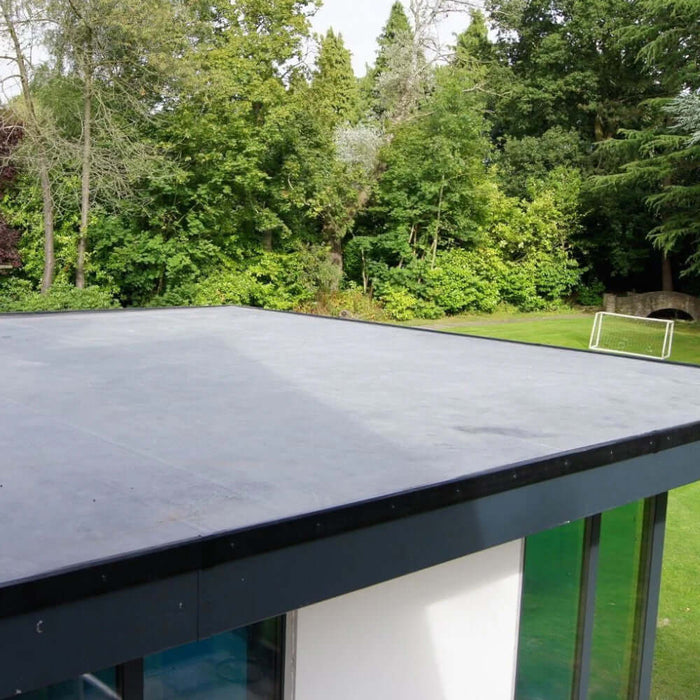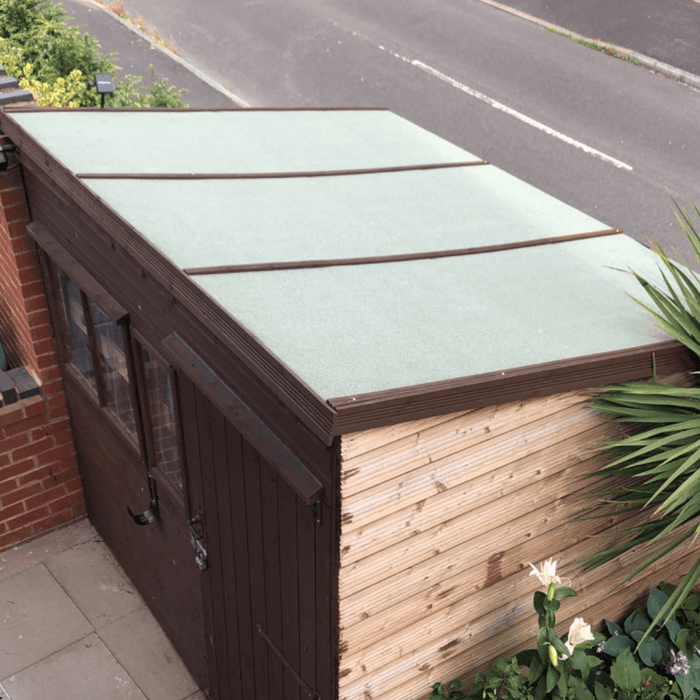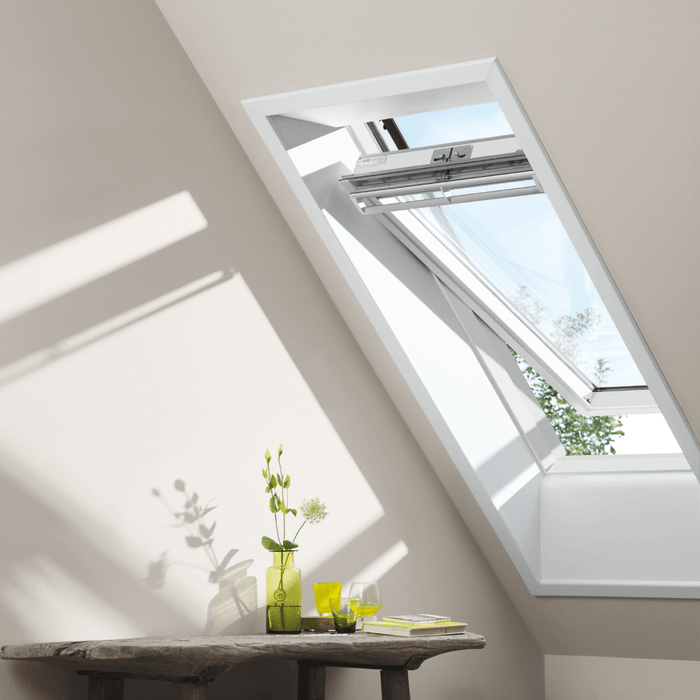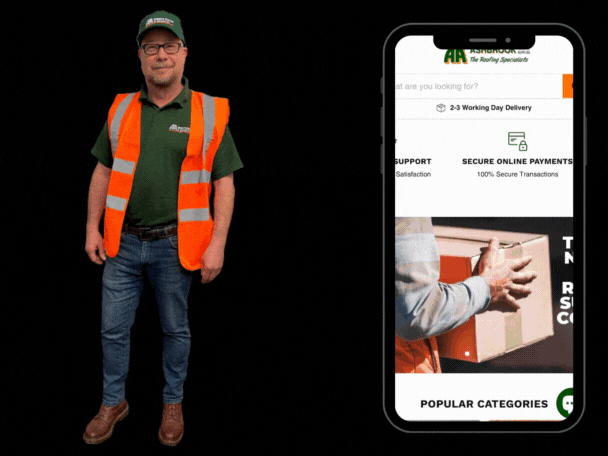When it comes to roofing, the choice of material plays a crucial role in the longevity, appearance, and performance of your roof. Roof tiles come in various types, each with its own set of benefits and drawbacks. Understanding these options can help you make an informed decision for your home or project. In this article, we'll explore the different types of roof tiles and answer some commonly asked questions.
Which Roof Tiles Are Best: Clay or Concrete?
Clay and concrete tiles are among the most popular roofing materials, but which one is best?
Clay Roof Tiles
Clay roof tiles have been used for centuries and are known for their durability and classic appearance. They are made from natural clay that is baked to harden. These tiles are often chosen for their aesthetic appeal, especially in Mediterranean, Spanish, and Italian-style architecture.
-
Durability: Clay tiles can last over 100 years with proper maintenance.
-
Aesthetic Variety: Available in various colours, shapes and finishes.
-
Weather Resistance: Highly resistant to extreme weather conditions, including high winds and hail storms.
-
Cost: Generally more expensive than concrete tiles, but their long lifespan can offset the initial investment.

Concrete Roof Tiles
Concrete roof tiles are made from a mixture of sand, cement, and water. They are designed to mimic the appearance of clay tiles but at a lower cost. Concrete tiles are versatile and can be manufactured in various shapes and colors.
-
Affordability: Typically less expensive than clay tiles.
-
Durability: While durable, they usually have a shorted lifespan than clay tiles, ranging from 30 to 50 years.
-
Weight: Heavier than clay tiles, which may require additional roof support.
-
Appearance: Available in a wide range of colours and styles, though they may fade over time.

Which is Best?
The choice between clay and concrete roof tiles depends on your priorities. If you value longevity and a timeless aesthetic, clay tiles are the way to go. However, if budget and versatility are more important, concrete tiles may be the better option.
Why Replace Roof Tiles?
Roof tiles are an essential component of your home’s protection against the elements. However, there are several reasons why you might need to replace them:
-
Damage: Over time, roof tiles can crack, break, or become dislodged due to harsh weather conditions. Damaged tiles can lead to leaks and structural damage if not replaced promptly.
-
Aging: Even the most durable roof tiles have a lifespan. As they age, they may lose their effectiveness, leading to issues such as water infiltration.
-
Aesthetic Upgrades: You might choose to replace roof tiles to update the appearance of your home, especially if the current tiles are outdated or do not match your desired aesthetic.
-
Energy Efficiency: Newer roof tiles are often more energy-efficient, providing better insulation and reducing heating and cooling costs.
-
Increase Property Value: A well-maintained roof can significantly increase the value of your property. Replacing old or damaged tiles can make your home more appealing to potential buyers.

Why Are Roof Tiles Curved?
One of the distinctive features of many roof tiles is their curved shape. But why are they designed this way?
Efficient Water Drainage
The curvature of roof tiles helps channel water away from the roof, preventing water from pooling and reducing the risk of leaks. This is particularly important in areas with heavy rainfall.
Improved Ventilation
Curved roof tiles create natural air pockets under the tiles, which promote better ventilation. This airflow helps regulate the temperature of the roof, reducing heat buildup during hot weather and preventing moisture accumulation that could lead to mold growth.
Aesthetic Appeal
Curved roof tiles are also chosen for their visual appeal. They add texture and dimension to the roof, contributing to the overall architectural style of the home.
Are Roof Tiles Waterproof?
While roof tiles are designed to be highly resistant to water, they are not completely waterproof on their own. However, when installed correctly, they work together to create a highly effective barrier against water.
Overlapping Installation
Roof tiles are installed in an overlapping pattern, which ensures that water runs off the roof rather than seeping through. The overlapping design is crucial in preventing water penetration.
Breather Membrane Protection
Beneath the roof tiles, a waterproof Breather Membrane is typically installed. This underlayment acts as an additional barrier to water, ensuring that even if water manages to get past the tiles, it will not reach the underlying structure of the roof.
Regular Maintenance
To maintain the waterproofing capabilities of roof tiles, regular inspections and maintenance are essential. Cracked or broken tiles should be replaced promptly to prevent leaks.
Are Roof Tiles Porous?
Yes, roof tiles can be porous, but this porosity varies depending on the material.
Clay Tiles
Clay tiles are naturally porous, which means they can absorb small amounts of water. However, high-quality clay tiles are often glazed to reduce their porosity, making them more water-resistant.
Concrete Tiles
Concrete tiles are also porous, though less so than unglazed clay tiles. Over time, concrete tiles may absorb water, which can lead to moss and algae growth. However, they can be treated with sealants to reduce porosity.
Impact of Porosity
The porosity of roof tiles can affect their durability and longevity. Porous tiles may be more susceptible to freeze-thaw cycles, where absorbed water freezes and expands, potentially causing the tiles to crack. Regular sealing and maintenance can help mitigate this issue.
Can Roof Tiles Be Cleaned?
Yes, roof tiles can and should be cleaned to maintain their appearance and functionality.
Why Clean Roof Tiles?
Over time, roof tiles can accumulate dirt, moss, algae, and lichen, which can affect their appearance and potentially their performance. Cleaning roof tiles can restore their original look and prevent the buildup of materials that could lead to damage.
How to Clean Roof Tiles?
-
Pressure Washing: One of the most common methods of cleaning roof tiles is pressure washing. However, it must be done carefully to avoid damaging the tiles.
-
Chemical Treatments: Specialized roof cleaning solutions can be applied to remove moss, algae, and lichen. These treatments often have a residual effect that prevents regrowth for a period of time.
-
Manual Cleaning: For delicate or historic roofs, manual cleaning with a brush and mild detergent may be recommended to avoid damaging the tiles.
Regular Maintenance
Regular cleaning and maintenance of roof tiles can prolong their lifespan and improve the overall appearance of your home. It's advisable to have your roof inspected and cleaned by professionals to ensure that the job is done safely and effectively.
Roof tiles come in various types, each offering different benefits depending on your needs. Whether you prefer the timeless appeal of clay tiles or the versatility of concrete, understanding the characteristics of each type can help you make an informed decision. Additionally, regular maintenance, such as cleaning and replacing damaged tiles, is crucial to ensuring the longevity and performance of your roof. Remember, your roof is your home’s first line of defense against the elements, so choosing the right materials and caring for them properly is essential.
You may also like: Selecting your roof tiles
Here at Ashbrook Roofing Supplies, we stock and supply both clay and concrete roof tiles. We also have a vast amount of knowledge to help you to make more informed decisions and get the results that you are after.
If you do have any questions, contact us on 01629 732988 or send an email to sales@ashbrookroofing.co.uk and we will advise you the best we can.













